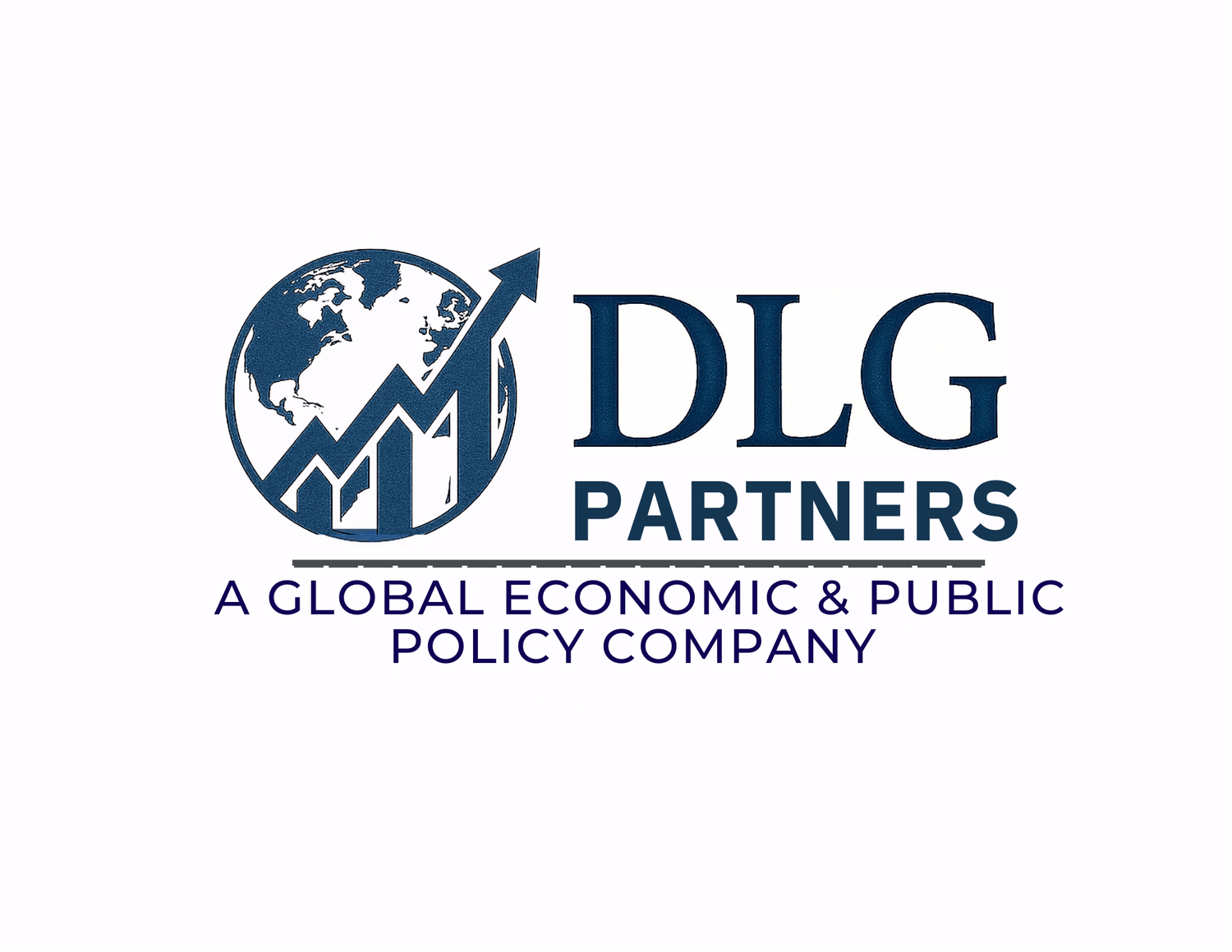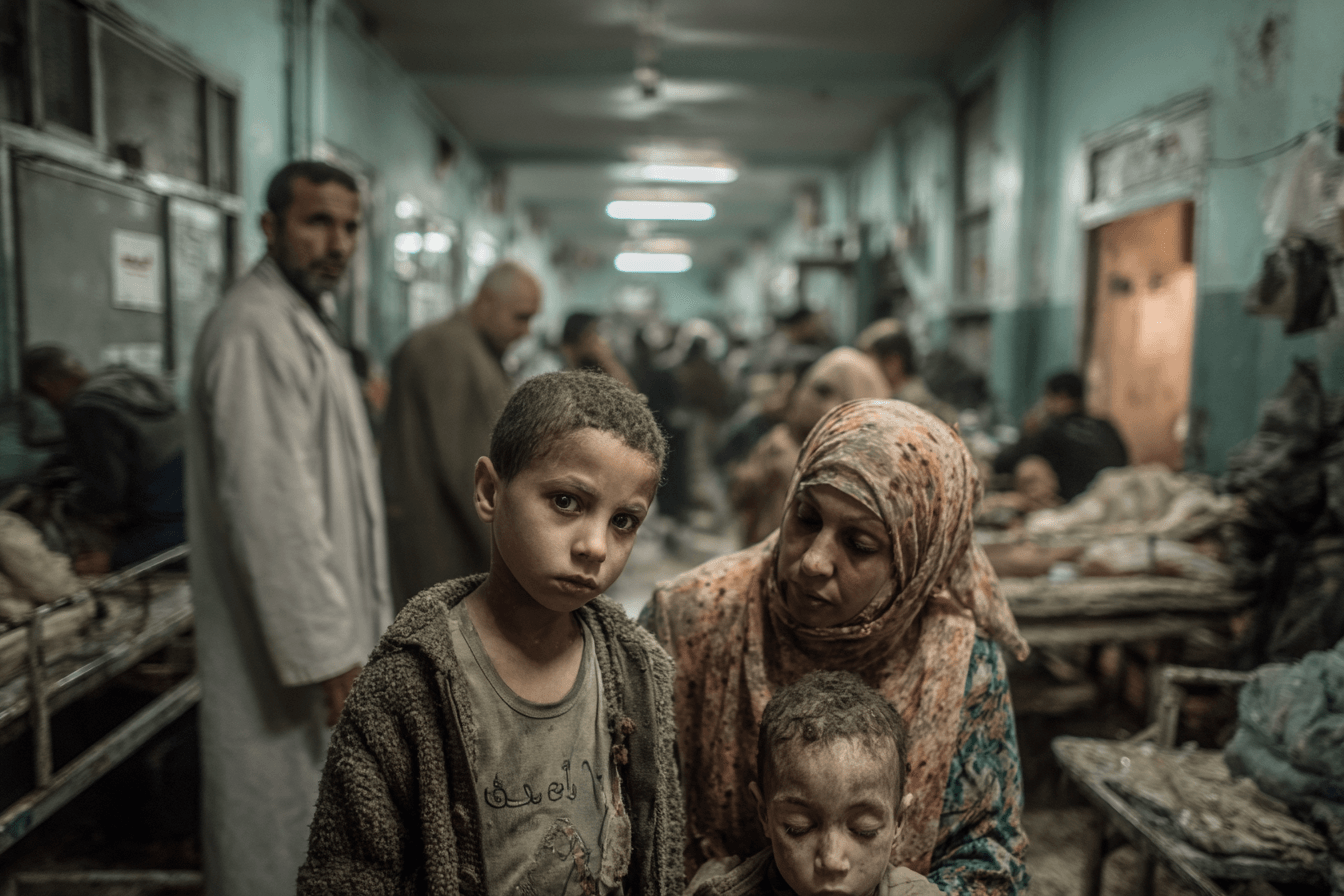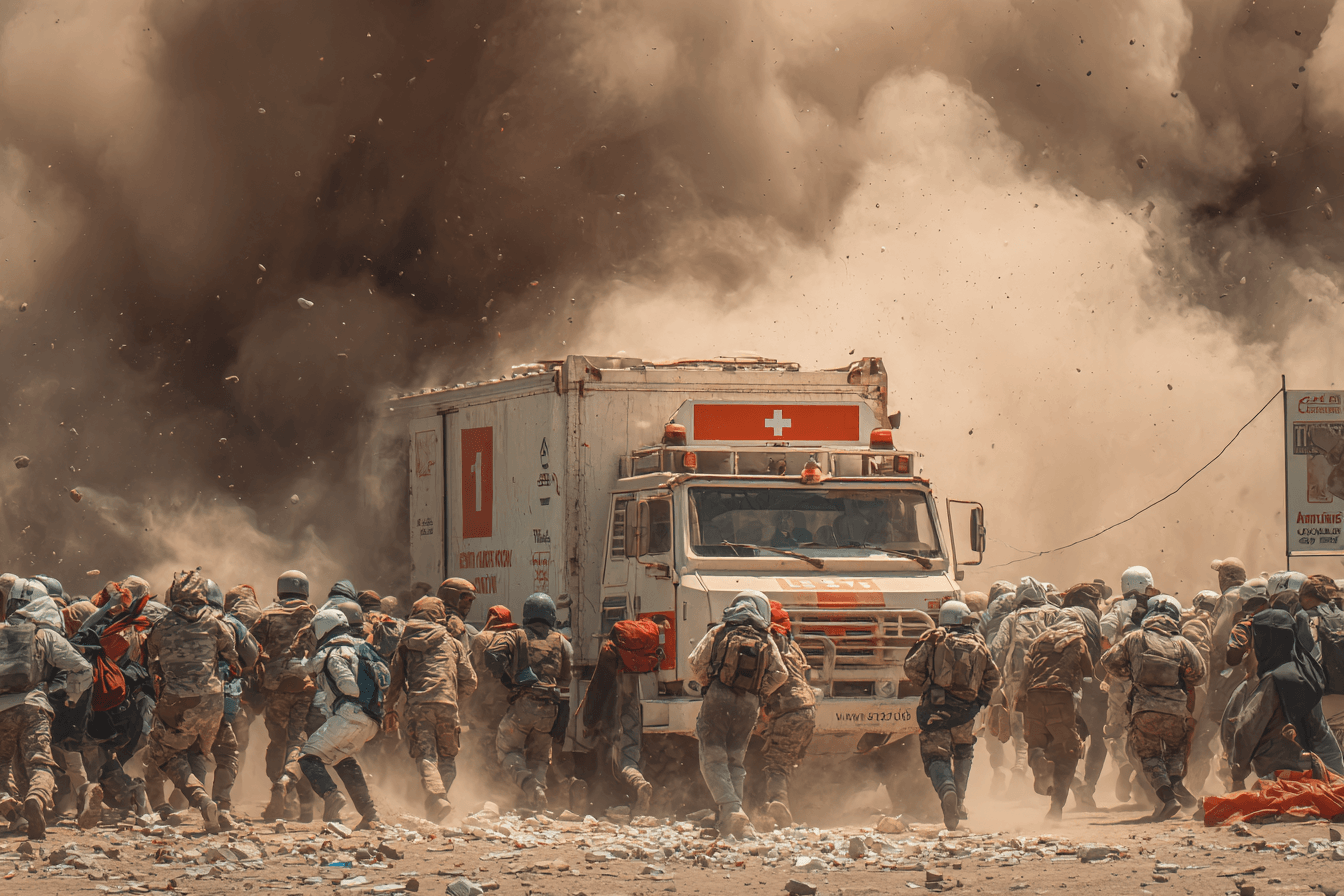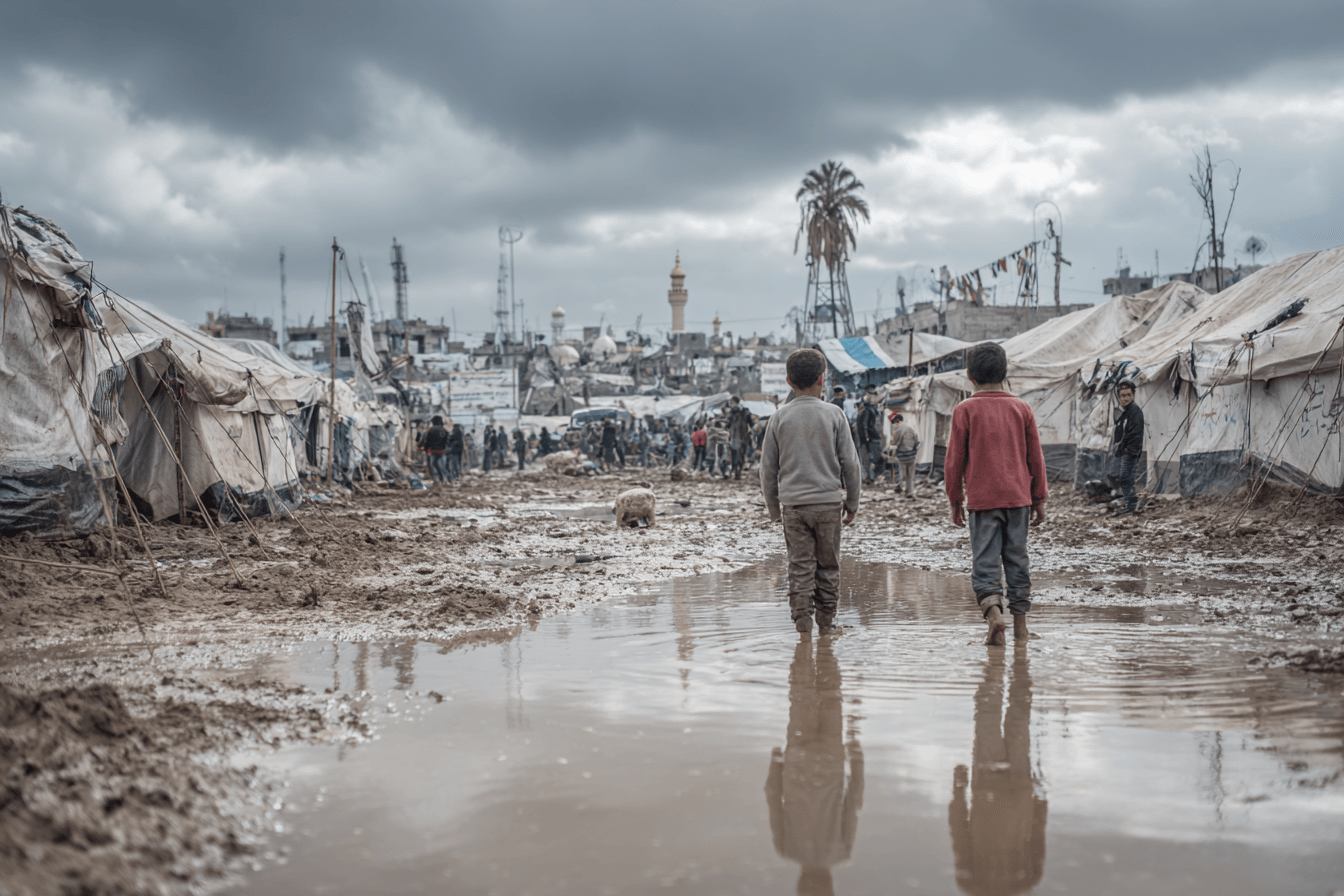
THE SILENT SIEGE: ISRAEL’S CALCULATED CAMPAIGN OF STARVATION AND GENOCIDE IN GAZA- A CALL FOR MORAL RECKONINNG
In the shadowed corners of Gaza, where the once-deafening echoes of airstrikes have faded into the insidious silence of famine, a deliberate and harrowing catastrophe continues to unfold. Israel's ongoing blockade and military operations have not only demolished homes, hospitals, and entire neighborhoods but have meticulously engineered a humanitarian disaster that disproportionately preys on the most defenseless segments of society: women and children. While it is undeniable that Israel possesses a fundamental right to defend itself against threats- such as the horrific attacks by Hamas on October 7, 2023, which claimed over 1,200 lives and led to the abduction of hundreds, this right does not extend to the incomprehensible excesses now evident in Gaza. What began as a legitimate response to aggression has devolved into a relentless campaign of deprivation and destruction, one that international experts increasingly characterize as genocide through starvation. As the global community bears witness, the ethical imperative compels us to condemn these tactics unequivocally, for they erode not just human lives but the very principles of dignity, justice, and proportionality in conflict.

The evidence of this tragedy is both stark and overwhelming, painting a picture of calculated suffering that defies justification. Since the escalation in October 2023, Israel's stringent restrictions on humanitarian aid have thrust Gaza into a vortex of acute hunger, with more than 95% of its agricultural land either destroyed or rendered utterly unusable, shattering any semblance of local food production or self-sufficiency. This orchestrated deprivation has claimed the lives of at least 66 children from malnutrition-related causes alone, a grim tally that fails to account for the innumerable others who have succumbed to opportunistic diseases amplified by weakened immune systems. Heart-wrenching stories emerge from the rubble, such as that of four-month-old Jinan Iskafi, who tragically died in May 2025 from severe malnutrition when life-saving infant formulas vanished from availability due to the unyielding blockade. Women, especially those who are pregnant or breastfeeding, endure an outsized share of this burden; reports indicate that one in four such mothers faces catastrophic levels of malnutrition, endangering not only their own health but also the developmental futures of their unborn or newborn children. These are far from random misfortunes, they constitute a deliberate pattern of imposed agony, where even the most basic necessities like flour, clean water, and medical supplies are wielded as instruments to dismantle Palestinian resilience and spirit.

Compounding this horror is Israel's recently implemented militarized aid distribution system, which, far from alleviating the crisis, has intensified the pandemonium and peril. Desperate throngs of civilians converge on aid convoys in a bid for survival, only to be met with gunfire from Israeli forces, leading to over 1,000 fatalities since May 2025 in these chaotic scrambles. Investigations by Amnesty International expose how this framework transforms the act of seeking sustenance into a lethal gamble, with arbitrary bans on vital items like comprehensive food parcels and fuel perpetuating an endless loop of desperation and scarcity. Despite repeated mandates from the International Court of Justice demanding the facilitation of unimpeded aid corridors, these judicial orders are flagrantly disregarded, sustaining a siege that has persisted in its most brutal intensity for nearly 80 days. This is the essence of structural genocide: a methodical dismantling not solely through direct violence, but via the gradual, intentional corrosion of essential life-support systems, engineered to erode the physical and cultural existence of Palestinians as a cohesive people.
In the midst of this dire tableau, the recent commentary from U.S. President Donald Trump adds a layer of complexity and critique. During a meeting in Scotland, Trump candidly acknowledged the distressing visuals of emaciated children, remarking that "those children look very hungry" and highlighting the stark reality of starvation in Gaza. Yet, he pivoted to attribute the crisis to Hamas, alleging that the group is diverting aid intended for civilians, a claim reiterated amid stalled ceasefire negotiations. However, this narrative is challenged by Israeli officials themselves and a chorus of international assessments, which instead attribute distribution breakdowns to the blockade's chokehold and the ensuing societal collapse, rather than widespread theft by militants. Trump's additional points, including the U.S.'s unacknowledged aid contributions and his urging for Israel to chart its own course, sidestep the fundamental issue: Israel's ironclad dominance over Gaza's borders, ports, and resource inflows, which contravenes its duties as an occupying power under international humanitarian law to safeguard civilian welfare. By casting the famine as a chaotic "mess" born of militant actions, such statements inadvertently dilute accountability, normalizing a crisis that stems directly from policies of engineered scarcity as a mechanism of control.

This condemnation transcends partisan lines; it is firmly anchored in the irrefutable toll on human lives and dignity. Gaza's overwhelmed hospitals are scenes of profound despair, filled with skeletal children so enfeebled by hunger that they lack even the strength to cry, victims of a famine that aid organizations warn is escalating at a pace outstripping any possible relief efforts. The broader devastation extends to the obliteration of universities, health facilities, and irreplaceable cultural heritage sites, which collectively assault not merely individual existences but the foundational threads of Palestinian identity and community. The international community's tepid responses, marked by silence or ambiguous diplomatic gestures, have enabled this nightmare to endure, tacitly endorsing starvation as a permissible strategy in modern warfare.
Yet, to fully grapple with the incomprehensibility of the current situation, we must juxtapose Israel's inherent right to self-defense with the disproportionate nature of its actions. The initial military response to Hamas's atrocities was grounded in the need to protect Israeli citizens from rocket fire and incursions, a principle enshrined in international law. However, the prolongation of the blockade and the escalation into widespread civilian suffering cross a moral and legal threshold. Reports from human rights groups detail how tactics like the destruction of water infrastructure and the prevention of fuel imports have led to a public health catastrophe, with diseases like polio reemerging amid unsanitary conditions. This is not defense; it is an overreach that inflicts collective punishment on millions, many of whom have no affiliation with militant groups. The scale of displacement, affecting nearly 2 million people, often repeatedly, forces families into squalid tent cities where basic sanitation is a luxury, further illustrating a strategy that prioritizes subjugation over security.
The path forward requires more than words; it demands accountability and reform. Israel must be compelled to dismantle the blockade, honor court rulings for aid access, and recalibrate its approach to align with humanitarian norms. Women and children in Gaza are not mere footnotes in a conflict, they are the primary casualties of a policy that cries out for worldwide indignation and intervention. Only through sustained, unyielding global pressure can we arrest this slide into a manufactured abyss, restoring a measure of humanity to a land scarred by incomprehensible suffering.

Oliver N.E. Kellman, Jr., J.D. Managing Partner & Executive Managing Director
“Starvation is not collateral damage—it is policy by design. And silence in the face of such cruelty is complicity.”— Oliver N.E. Kellman, Jr., J.D.
Follow me
ABOUT
Created with © systeme.io



